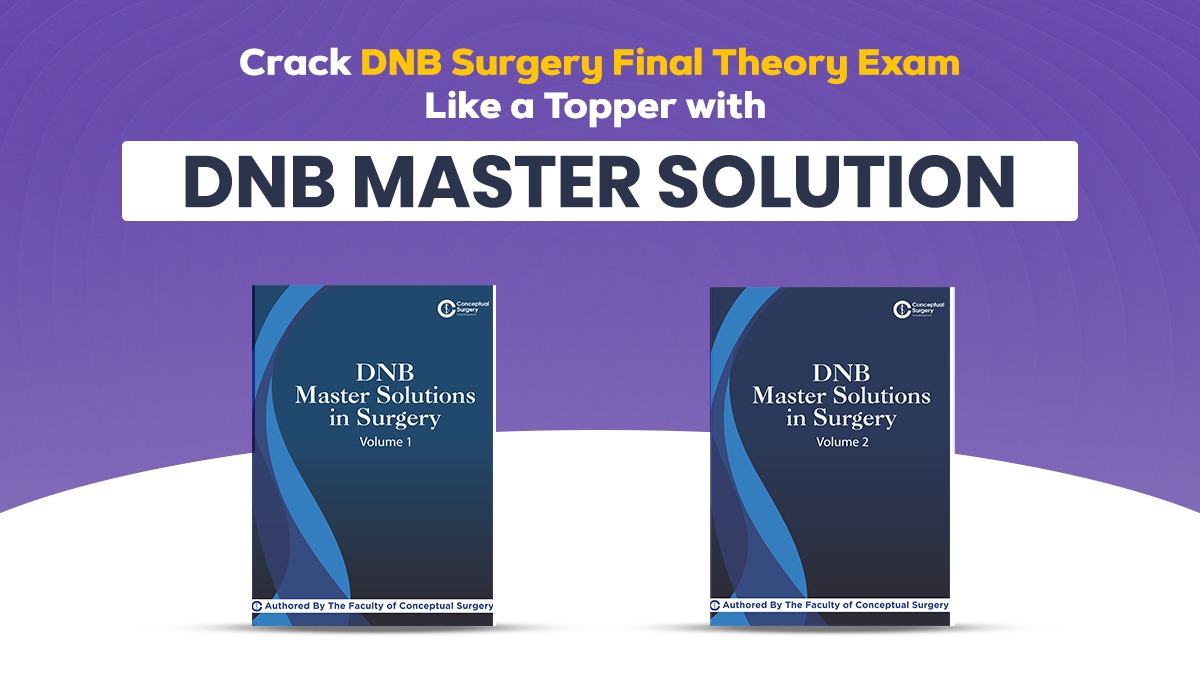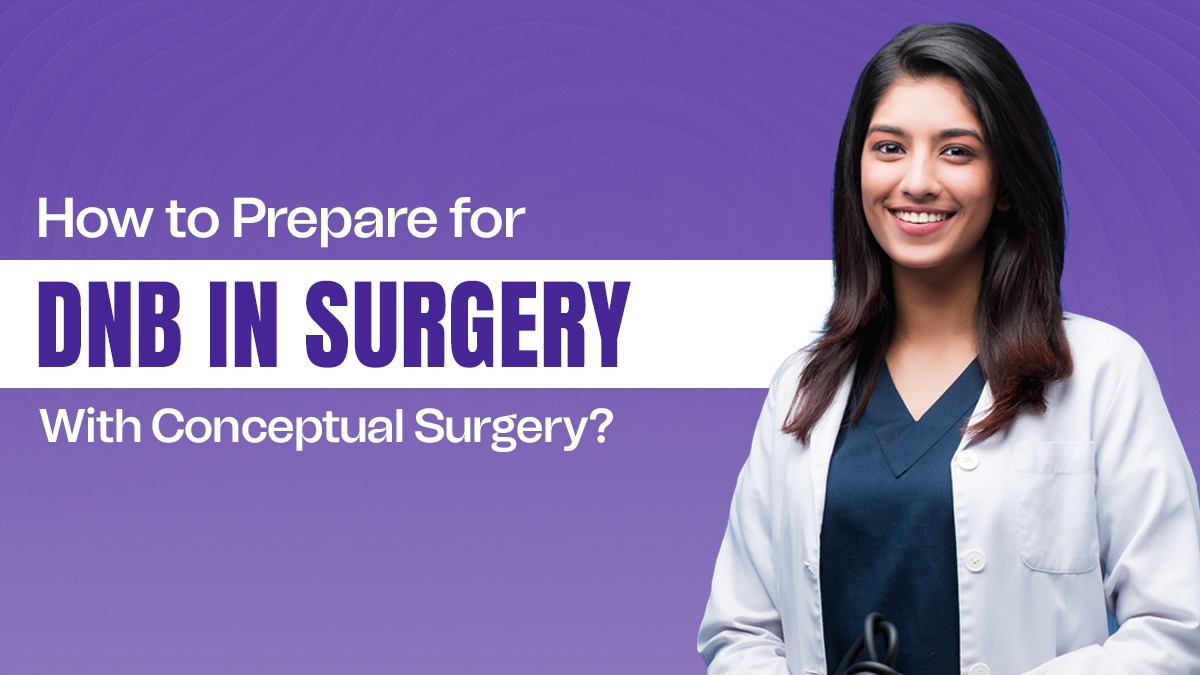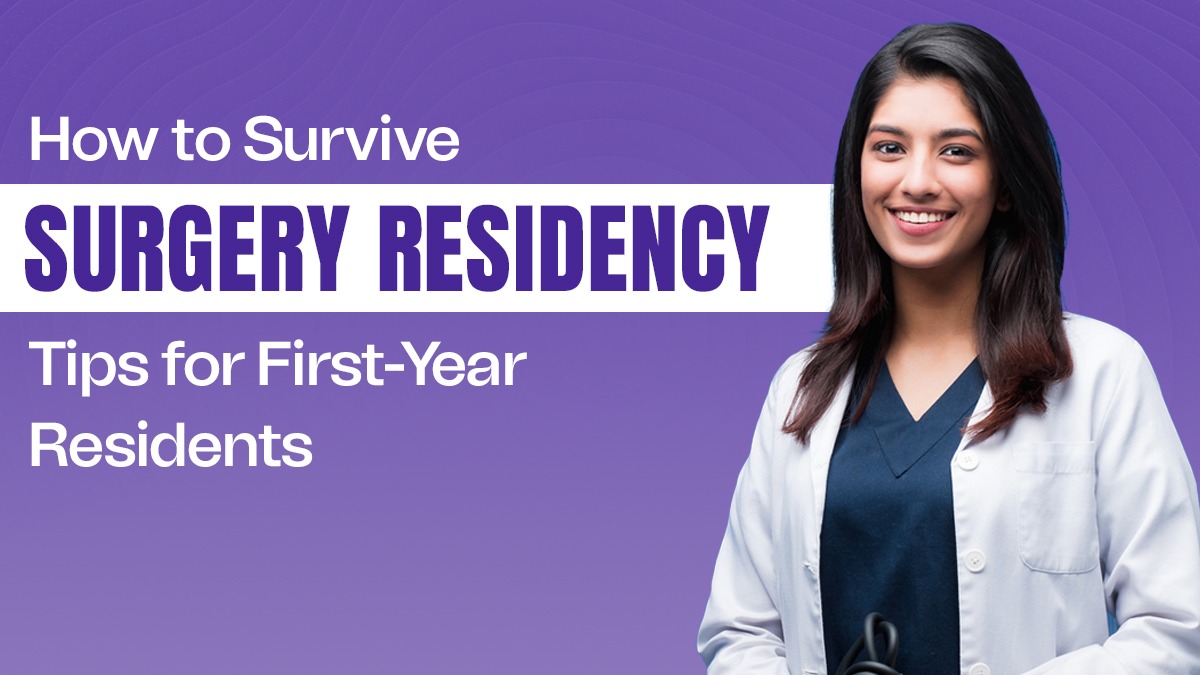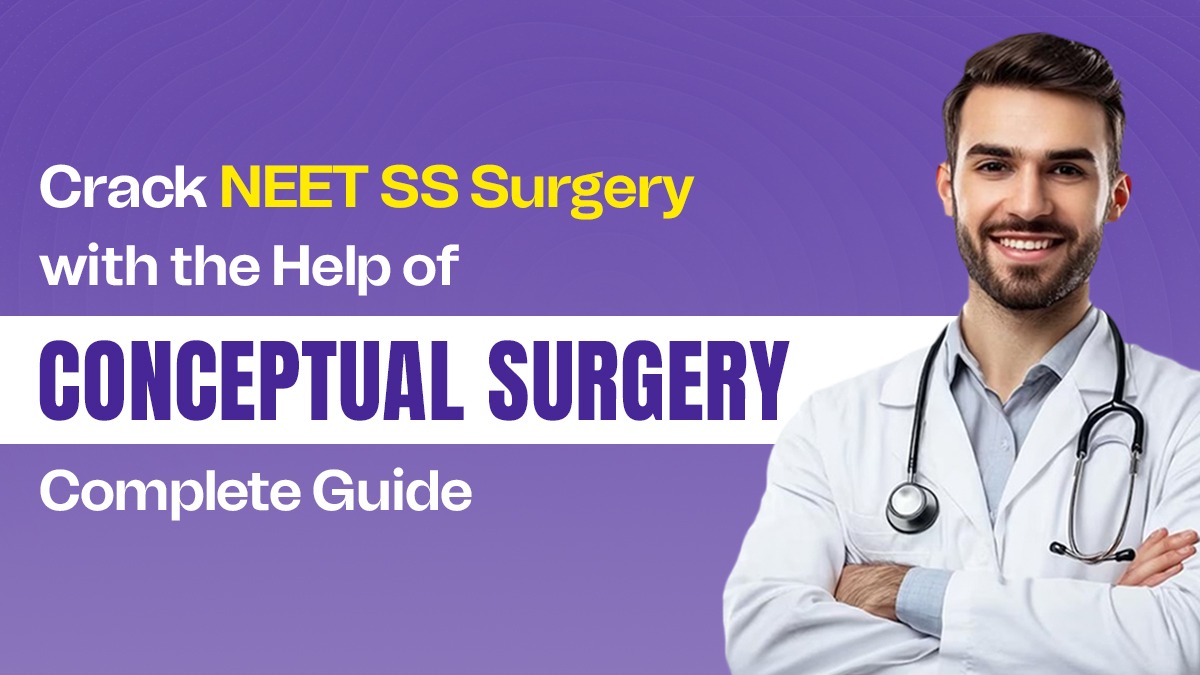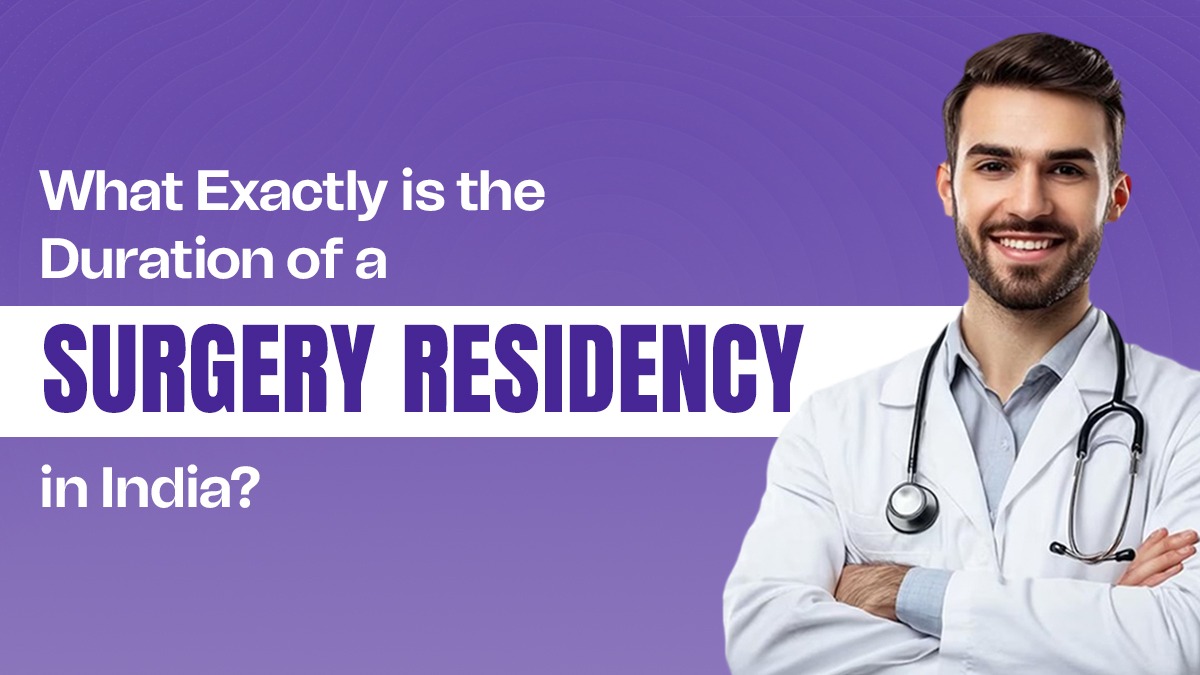Estimated reading time: 3 minutes
If you’re wondering, can I actually crack NEET SS Surgery in 3 months? The answer is a resounding YES. It’s been done by numerous aspirants before, and you can do it as well. But achieving success in so little time isn’t about working for more hours — it’s about what you study, how you study, and who mentors you.
Let’s get to the point and see how Conceptual Surgery can be your best friend in these last few miles of NEET SS preparation.
Why NEET SS Surgery Is So Challenging?
The NEET SS Surgery exam is not a memory test. It’s a test of:
- Clinical judgment
- Conceptual clarity
- Operative decision-making
- Current knowledge of surgical procedures
In three months, you can’t be all over the place. You must have a focused and proper revision plan, and an organising platform that makes prep easy.
3-Month NEET SS Surgery Smart Strategy
Here’s how to make each day count:
Month 1: Form Your Base
- Study HQ Video Lectures from Conceptual Surgery by legends of MS/DNB examiners.
- Practice core concepts and routine surgical principles.
- Begin integrating clinical case discussions in order to visualise actual situations.
Month 2: Solve, Apply & Revise
- Start solving MCQs daily from the Question Bank of the eConceptual App.
- Join Live Doubt Clearing Sessions, Interactive Classes, and Case-Based Learning.
- Apply Clinical Examination videos and patient presentations for the integration of theory and practice.
Month 3: Final Polish
- Concentrate on Pearls to revisit key points.
- Watch live sessions on rare yet significant cases.
- Solve previous year questions of exams and attend mock viva practice.
This approach helps you progress from foundational knowledge to clinically applied learning and ultimately to self-assured exam preparedness.
Why Conceptual Surgery is the Best Option for NEET SS Surgery Preparation?
With a limited amount of time and much at stake, you can’t afford to waste a single day with any random resources. Conceptual Surgery is the most reliable and exhaustive platform for surgical SS preparation.
Here’s why:
High-Quality, Legendary Faculty
Video lectures by 35–60-year experienced senior MS/DNB Surgery faculty.
Organised in a manner that enables you to comprehend, memorise, and apply surgical information.
- Clinical Excellence
- Live patient examination demonstrations, clinical findings, and case presentations.
- Real-life surgical situations to develop diagnostic thinking.
- Exclusive Mentorship
- Live Interactive Sessions
- Doubt Clearing
- Thesis Guidance
- Personalised guidance to make sure every learner achieves his/ her best.
All-in-One Premium Membership Includes
- Clinical Exam and Surgical Demo Videos
- Viva & Practical Exam Training
- Live PG Courses
- Solved Question Papers + Recent Q&As
- Extensive MCQ Bank
- Revision Pearls for quick recall
- Hardcopy Clinical Surgery Books
- Live Discussions on Rare & Important Cases
- …and so much more.
Final Word: 3 Months Is Enough—With the Right Tools
Cracking NEET SS Surgery in 3 months is 100% possible—but only with a smart plan, dedicated practice, and seasoned mentorship. Don’t burn out trying to juggle scattered notes and half-finished lectures. Opt for a platform that provides you with everything under one roof—from video lectures and books to live sessions and mentorship. That platform is Conceptual Surgery.
Take the First Step Today. Download the eConceptual App. Subscribe to Conceptual Surgery’s Premium Membership
Your 90-day path to NEET SS success begins now.


